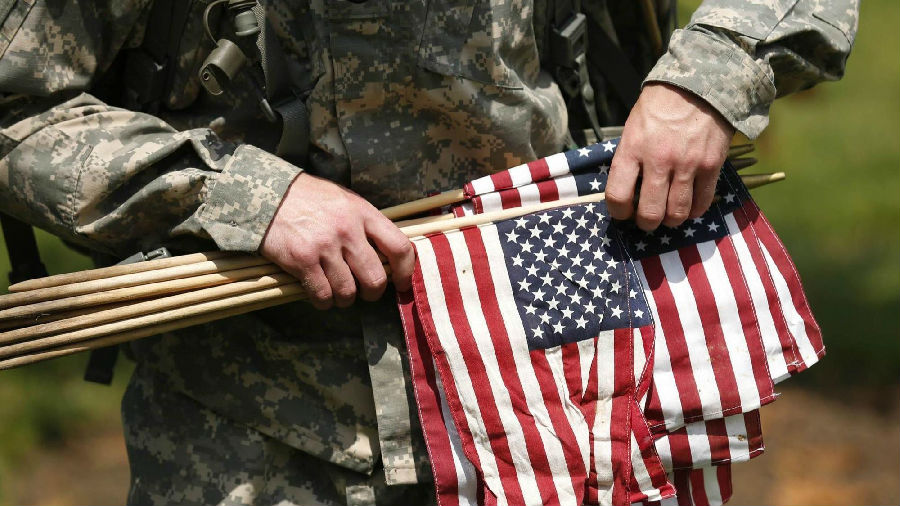If these policy changes move forward, prosecutions will no longer be at the whim of commanders and influenced so easily by military politics. Decisions may happen faster, Christensen says; right now, prosecutorial decisions go up the chain of commanders one by one, culminating in a final decision made by a commander of senior rank, which can take months. But these prosecutorial reforms won't eradicate the military's sexual-assault problem, because the issue is rooted in military culture, not its justice system. "I hope it makes an impact, but I'm not sure," says Col. Ellen Haring, a retired Army officer and research fellow at the nonprofit Service Women's Action Network, which advocates for improved policies that affect women in the military. "It doesn't get to the root problem, which is, why are the assaults happening in the first place?"

Sexual assault is often the initial signal event in a long line of painful traumas that can culminate in post-traumatic stress disorder, depression and suicide. In 2019, scientists at the Denver Veterans Affairs Medical Center, the University of Utah and the University of Colorado surveyed more than 300 servicewomen and female veterans who had experienced a sexual assault and found that 29 percent were currently contemplating suicide. From 2007 to 2017, the age-adjusted suicide rate among women veterans rose by 73 percent; according to Department of Defense data, in 2019, women accounted for 31 percent of all suicide attempts among active-duty service members.
译文由可可原创,仅供学习交流使用,未经许可请勿转载。












